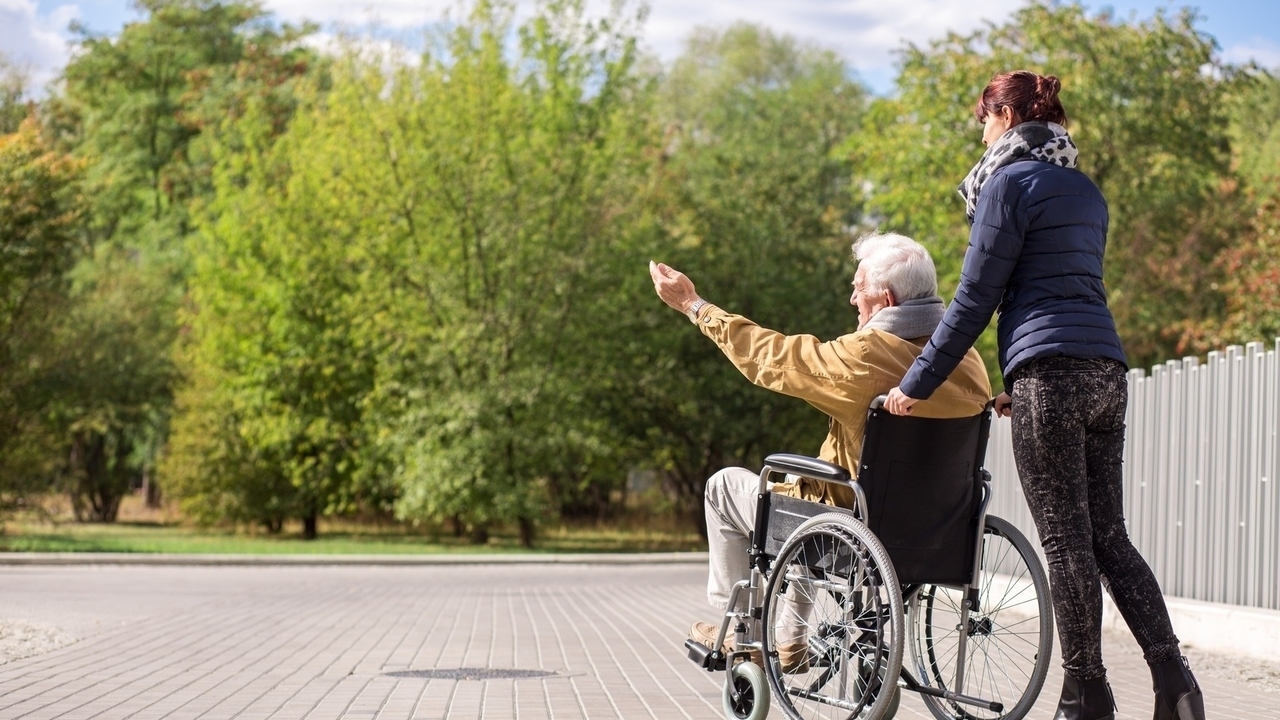Many women are concerned about developing Alzheimer’s or dementia later in life. Perhaps you have seen a family member or friend grapple with this progressing disease and are looking for ways to protect yourself and your brain. A good way is to get your blood sugar and insulin under control.
Science knows diabetes is damaging to the blood vessels that go to the brain, just like it can be damaging to your heart, kidneys, eyes, fingers, and toes. New research shows that the effects are happening MUCH sooner than once thought. Prior to having a full diagnosis of diabetes, back when your body was just starting to experience difficulties managing its sugar, your brain vessels were worsening.
Have you ever heard the doctor tell you your blood sugar was ‘a little elevated’ or that you are ‘pre-diabetic?’ The damage has already begun.
Start your prevention early and change your diet to reflect a better, healthier you. Opt for less sweet treats and more whole vegetables and fruits. Watch for hidden sugars such as those in fancy coffee drinks, energy drinks, soda, and fruit juice. Even 100% fruit juice has several grams of sugar per serving that your brain doesn’t need – just eat the whole fruit.
Exercise at least 30 minutes most days of the week and don’t forget to include resistance or strength training. If you are new to exercise or slow to start, talk with your health care practitioner first and consider walking to get going.
There are many natural vitamins and supplements for blood sugar control if you are not yet diabetic to aid in the process. Talk with a qualified Naturopathic Physician to help guide you on your choices.





Add a CommentComments
There are no comments yet. Be the first one and get the conversation started!